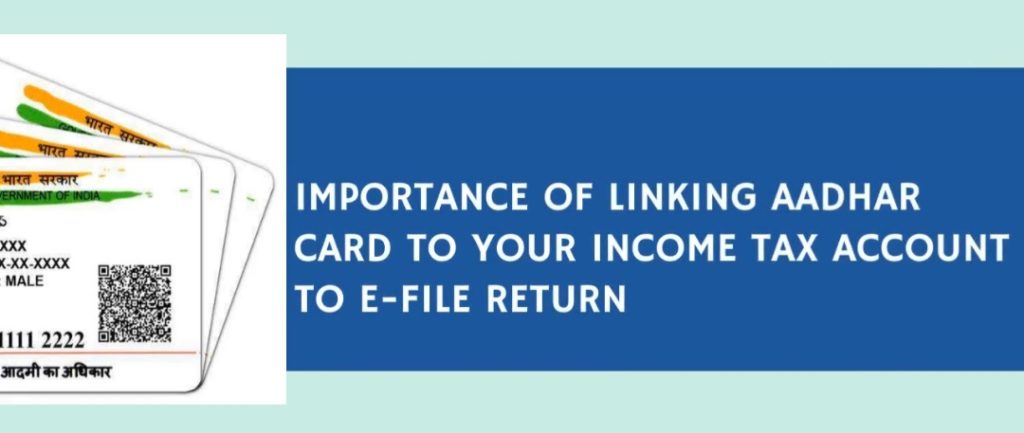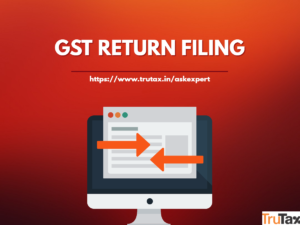Privacy issues associated with Aadhaar are a matter of intense debate and vehement opposition. But in September 2018, the Supreme Court confirmed that Aadhaar is compulsory for filing of income tax returns.
It has maintained the validity of section 139AA of the Income Tax Act.

The government placed crucial arguments in favour of linking PAN and Aadhaar – citing duplicity of PAN numbers as a reason for tax evasion and therefore the importance of fixing the identity of taxpayers via Aadhaar to stop misreporting of monetary transactions undertaken.
This section was added via the Finance Act and made effective from July 1, 2017. Although this wasn’t a part of the Budget documents of 2017, it found an area within the amendments to the Finance Act 2017, placed before the Parliament for approval. The deadline was extended in several instances to permit taxpayers more time.
Let us understand the law behind this newly introduced section 139AA. Section 139AA of the tax act lays down two basic rules, firstly, Aadhaar must be quoted altogether PAN applications, secondly, Aadhaar must be quoted in tax returns. It says that every one that is eligible to get Aadhaar as per the Aadhaar Act, 2016, must mention Aadhaar while filing tax returns.
The Aadhaar Act further says that only a resident individual can obtain Aadhaar. The term ‘Resident’ has different meanings as per the Income Tax Act, FEMA, and therefore the Aadhaar Act. Since Resident for this purpose here shall be as per the Aadhaar Act; it means a person who has resided in India for a period of 182 days or more within the 12 months immediately before the date of application for enrolment of Aadhaar.
If this seems only too confusing, remember this basic rule if you’ve got Aadhaar you need to quote it while filing your income tax returns, if you’re resident as per the Aadhaar Act, you need to get yourself an Aadhaar then link it together with your PAN number.
This section also allows the central government to ‘notify’ persons to whom this requirement won’t apply. It means the central government has powers to create rules to permit some individuals to apply for PAN and file tax returns without Aadhaar.
The Central Government has thus far notified 4 categories of persons
-Residents of Assam, Jammu & Kashmir and Meghalaya;
-A non-resident Indian as per the income tax act;
-Those who are over 80 years old; and
-Those who aren’t citizens of India.
These individuals, who don’t have an Aadhaar, aren’t required to get one for the aim of filing tax returns. However, just in case they do have an Aadhaar card it must be reported while filing tax returns. They’ll have gotten an Aadhaar for purposes aside from reporting in tax returns. Do note that when an Aadhaar has been linked together with your income tax return , it can’t be delinked, even when a change in residential status takes place.
This section further says that PAN numbers without Aadhaar are going to be invalid. However, it doesn’t define the implications of such invalidation. It’s apparent that in such a case, one might not be able to file tax returns.
The Supreme Court as a part of a similar ruling struck down the linking of Aadhaar with bank accounts and telephone numbers. In-validation of PAN because of non-linkage with Aadhaar could impact online transactions involving PAN like payment of tax, deduction of TDS while buying property, etc.
Certain reports state that over 40 crore PANs are present, however, less than half of them are linked with Aadhaar. PAN could also be still un-linked for those individuals, who have sought a PAN for bank accounts but haven’t filed a income tax return .
It is important that such individuals get their PAN and Aadhaar linked at the earliest. Aadhaar are often linked to the www.incometaxindiaefiling.gov.in website.
In case a discrepancy exists between your Aadhaar and PAN, thanks to difference in name only or date of birth, confirm you get this corrected before attempting to link.
Aadhaar linkage has become important for several transactions done online, like on the EPFO website, at the time of opening or closing bank accounts or making financial investments online. Non-linking of PAN could jeopardize a number of these transactions. The Income Tax Department has set a final deadline of March 31, 2019, for linking of PAN with Aadhaar.
Therefore, every PAN holder who has an Aadhaar must link it to the income tax department website. Do note that this does mean that each Aadhaar card must have a PAN linked with it, rather the other way round.
